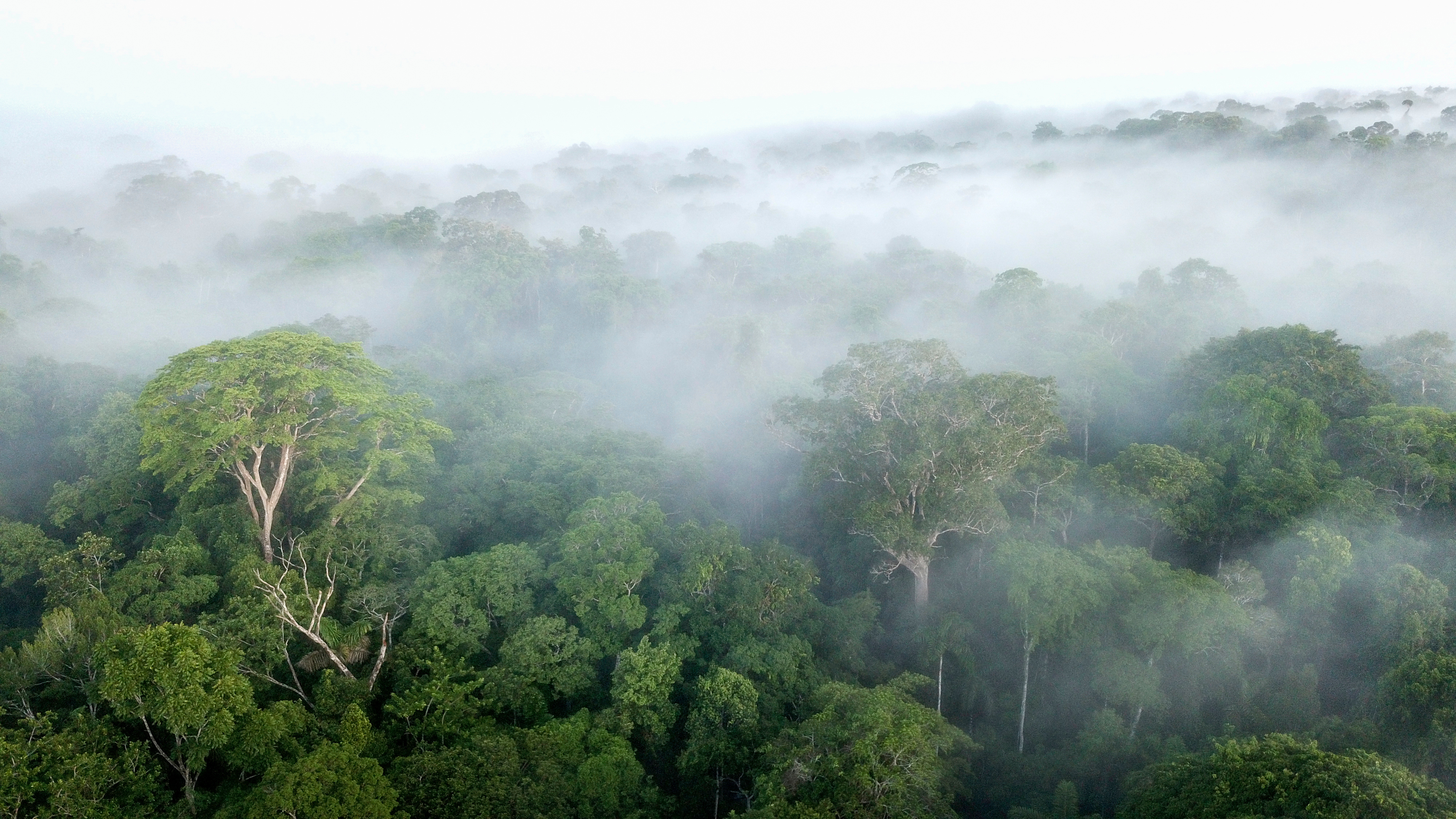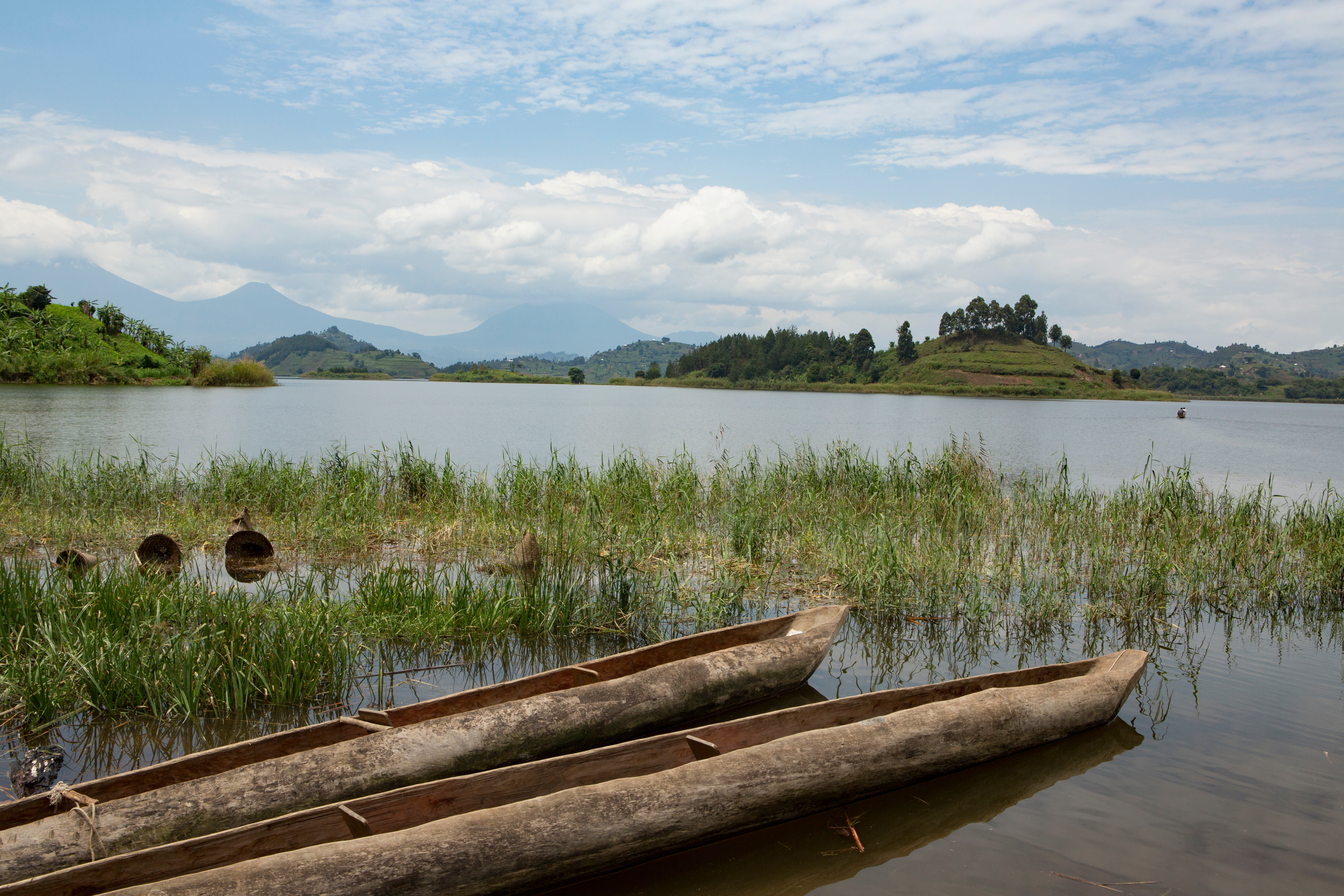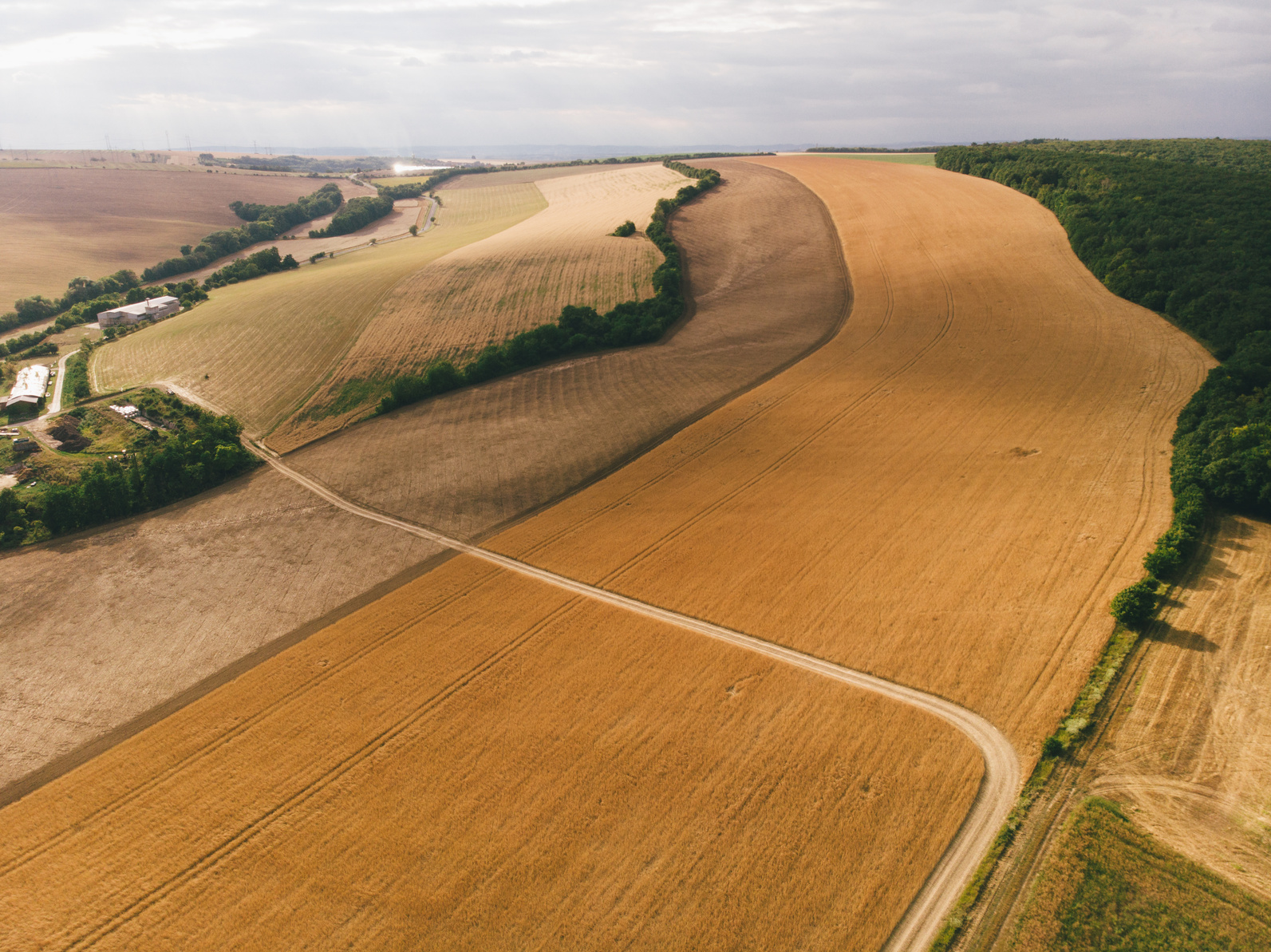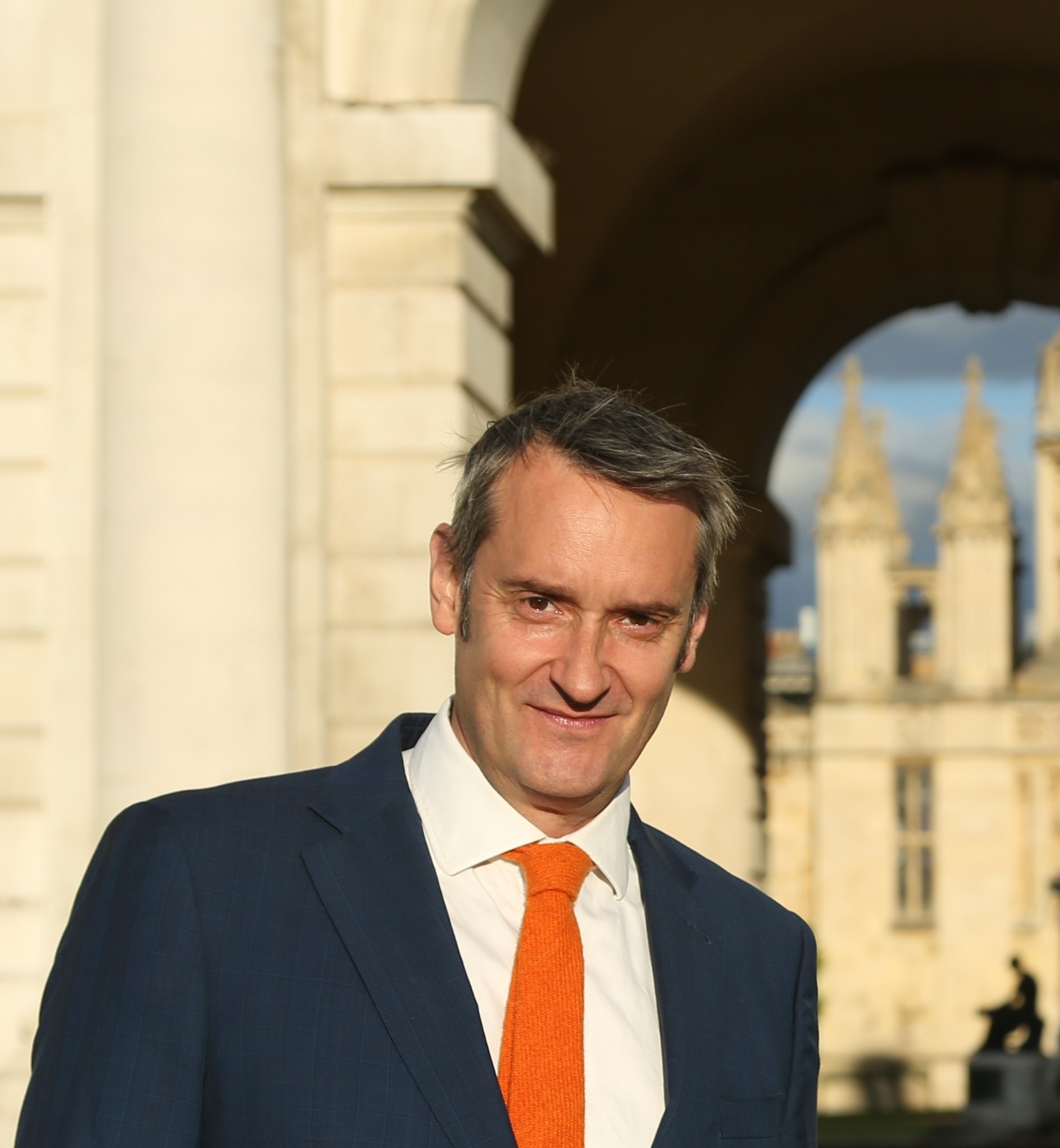Forewords
-

Inger Andersen
UN Environment Programme
UN Under-Secretary-General and Executive Director
The UN Environment Programme World Conservation Monitoring Centre is an important part of the UNEP family and has a unique role in working with partners across the world to deliver impact towards a nature-positive future. The Centre’s work at the interface of science, policy and practice supports governments, the private sector and others in taking on board biodiversity information in better decision-making for people and nature.
As we move towards adoption of the post-2020 global biodiversity framework, the Centre’s support for its implementation and enhanced transparency, whether through helping governments to strengthen national monitoring systems or supporting business to understand their impacts and dependencies on nature, will be more important than ever.
-

Robin Bidwell
WCMC
Chair of Trustees
In spite of the difficulties arising from the Covid pandemic, UNEP – WCMC has had a really good year. Throughout this period, the Centre’s staff were able to deliver on a wide range of work that was essential for the delivery of the biodiversity agenda. They were also able to provide continuing support for our partners (including government and international agencies) around the world.
It is a strength of the collaboration between WCMC and UNEP that underpins all the centres activities. Our work benefits considerably from our presence around the world – with WCMC staff in Asia, mainland Europe and Latin America located in UNEP offices or working in close collaboration. The Board would like to offer their sincere thanks to the staff, UNEP colleagues and partners across the globe – all of whom have contributed to a very successful year.
-

Neville Ash
UNEP-WCMC
Director
Despite the ongoing COVID-19 pandemic affecting progress in international negotiations during the previous year, UNEP-WCMC's work to support the international agenda on biodiversity, to further scientific understanding, and to guide national and private sector actions to assess, monitor and manage biodiversity continued apace. This Annual Review presents some of the highlights from our work last year, and many further details of our impacts can be found on our website.
Our impacts in the year demonstrate a further growth of our work at the Centre to integrate the multiple dependencies between nature, climate and sustainable development. We have strengthened outreach and engagement with public, business and finance partners to help guide system transformation, and will continue to strengthen relationships with partners across all sectors to scale up our impact through ensuring that policies and action for nature are informed by the latest data, knowledge and insight.
-
Jonny Hughes
WCMC
Chief Executive Officer
In the last year the Centre strengthened its relationships with philanthropic funders, enabling a growth and diversification of income, and increasing strategic investment into projects and programmes. During the year, the Centre worked with 232 partners on 250 projects, spanning 81 countries and territories, and the staff numbers working at the Centre increased by more than 20% to a team of almost 200 people across 35 nationalities.
We have also taken steps to update our office environment and ensure that all staff receive support to work effectively through our hybrid working arrangements, and refined our staffing structures to ensure they are fit to deliver on the new UNEP-WCMC strategy.
UNEP-WCMC has a unique role in working with partners across the world to deliver impact towards a nature-positive future.
It is a strength of the collaboration between WCMC and UNEP that underpins all the Centre’s activities.
The Centre has strengthened its relationships with philanthropic funders, increasing strategic investment into projects and programmes.
Our impacts demonstrate a further growth of our work to integrate the multiple dependencies between nature, climate and sustainable development.

We showcased international progress on protected areas
As work to forge new global goals and targets for nature continued, our flagship Protected Planet initiative issued the definitive progress report on previous international targets for protected area conservation.

We continued to inform new global ambitions for biodiversity
With agreement on the post-2020 global biodiversity framework further delayed during 2021, UNEP-WCMC continued to support the development of its goals,targets, and indicators.

We continued to push for joined-up action on nature and climate
UNEP-WCMC continued to highlight the crucial connection between nature and climate change via vital new research and our involvement in the COP26 climate discussions.

We widened access to cutting-edge spatial data and insights on these latest commitments for nature
We launched a powerful tool giving decision makers access to more than 400 spatial data layers displaying biodiversity, climate and development metrics, and contributed our spatial mapping expertise in pioneering research on biodiversity and nature-based solutions.

We helped businesses understand and reduce their impact on nature
A new tool to help investors assess how their portfolios impact – and are dependent on – nature was launched, and we worked with partners to help businesses understand and use metrics for biodiversity.

We helped guide state-level recognition for biodiversity
Through the National Ecosystem Assessment Initiative, we supported governments understand and act on the important relationships between nature, society and the economy.

We accelerated the transition to a just and sustainable global trade system
Our GCRF TRADE Hub partnership continued research to ensure that trade in commodities and wild species becomes an engine for sustainable economic growth.
81
The boundaries and names shown and the designations used on this map do not imply official endorsement or acceptance by the United Nations.
Dark blue represents countries and territories UNEP-WCMC has worked with in 2021.
250
Live projects232
Funders and partners30
Published papers
191
Number of staff at UNEP-WCMC
7 of whom started as interns
19
Paid interns18
Students35
Nationalities